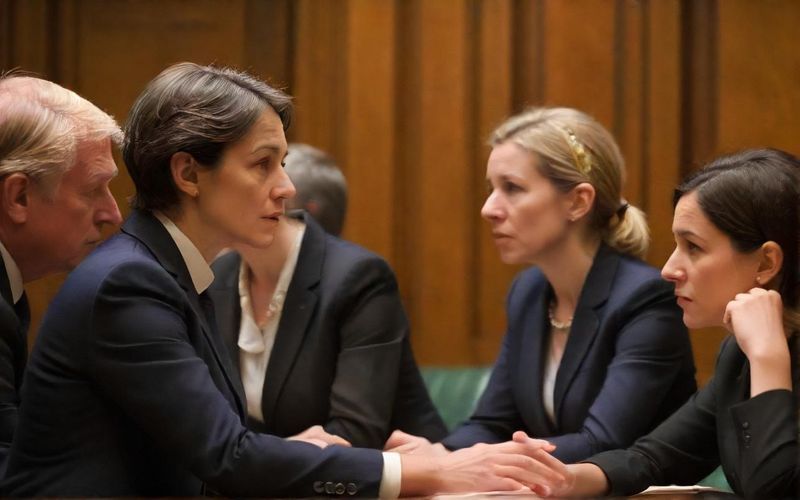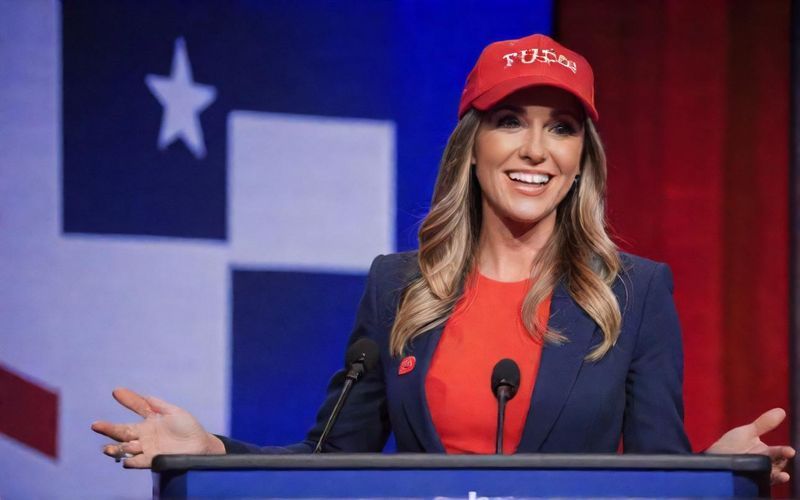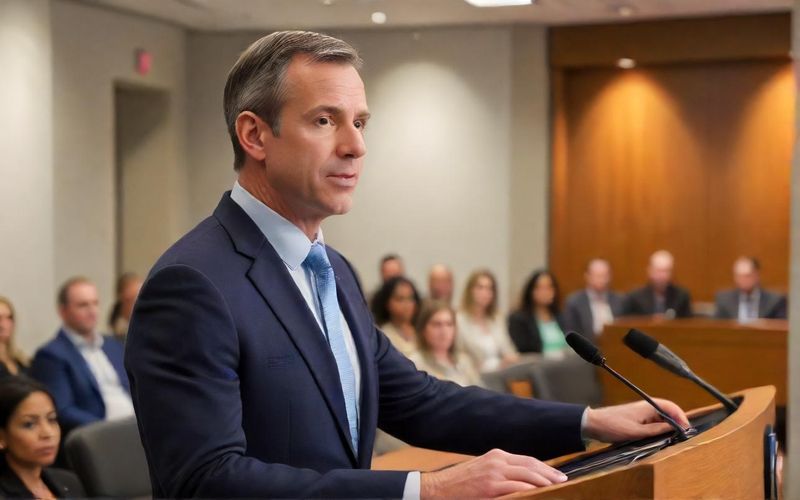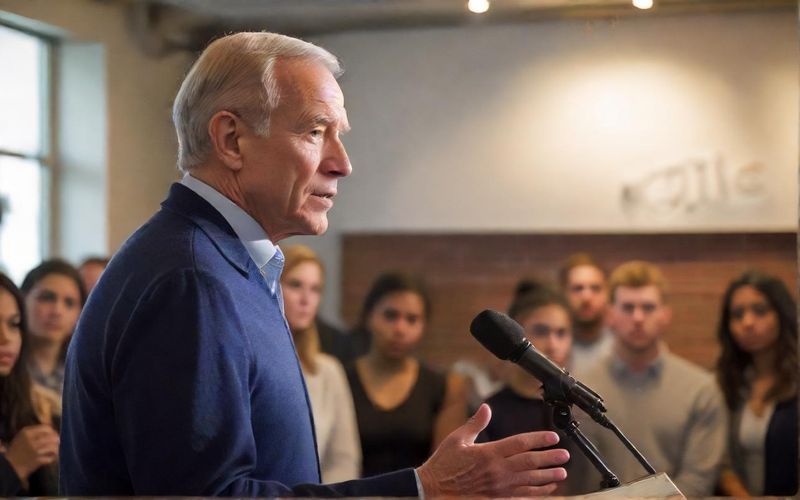Germany Pushes EU to Sanction Orbán's Hungary
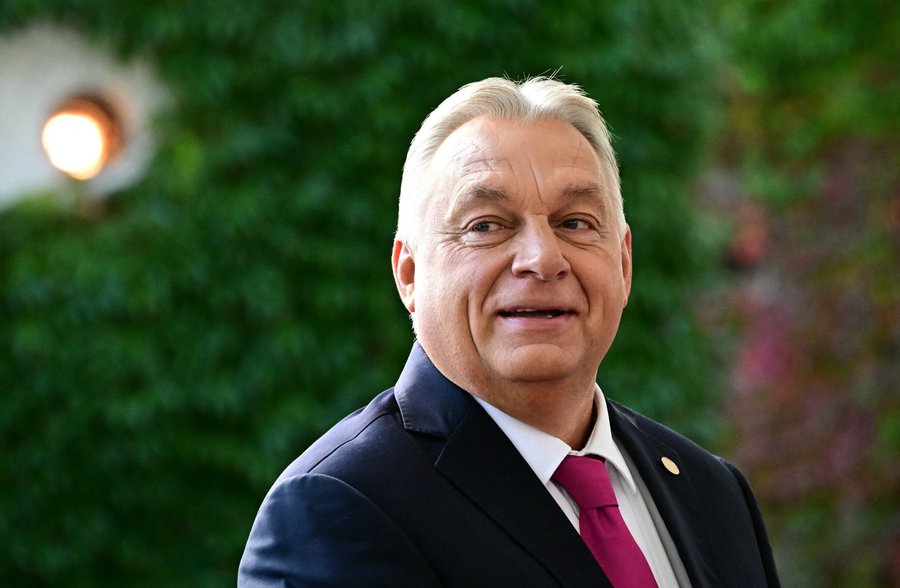
BERLIN — Germany's incoming government, a coalition of conservatives and Social Democrats, plans to push the European Union to impose stricter sanctions on Hungary, according to a draft coalition agreement. The agreement, seen by POLITICO, explicitly calls for withholding EU funds and suspending Hungary's voting rights within the EU for violations of core principles like the rule of law. While Hungary isn't named directly, the document clearly targets the country, which has faced repeated accusations of undermining democratic norms, suppressing press freedom, and restricting judicial independence.
This push for stronger action follows years of stalled efforts within the EU to address Hungary's behavior. In 2018, the European Parliament initiated Article 7 proceedings against Hungary, a process that could ultimately lead to the suspension of its voting rights. However, this process has been hampered by political divisions among member states. Furthermore, the European Commission's attempt in 2022 to block €22 billion in EU funds earmarked for Hungary over human rights and judicial independence concerns ultimately resulted in the unfreezing of over €10 billion, sparking controversy.
Another point of contention is Hungary's close ties with Russia, including its repeated use of veto power to block EU sanctions against Russian oligarchs and military officials. To circumvent this veto, the incoming German government intends to advocate for expanding qualified majority voting within the Council of the EU, particularly on aspects of the Common Foreign and Security Policy (CFSP), such as sanctions imposition. This would allow decisions to be made without requiring Hungary's approval.
The proposed coalition also aims to adopt a more proactive role in shaping EU policy, utilizing the Weimar Triangle—a loose alliance between France, Germany, and Poland—for closer coordination. The incoming government seeks to address concerns about Germany's past abstentions from crucial EU votes, aiming to eliminate this "German vote" phenomenon under the leadership of incoming Chancellor Friedrich Merz. While internal disagreements exist regarding the mechanism for achieving this, the aim is clear: ensure a more unified and decisive German stance within the EU. The final coalition agreement is expected by mid-April. The move is also seen as a response to the rise of the Alternative for Germany party as the country’s largest opposition party.



